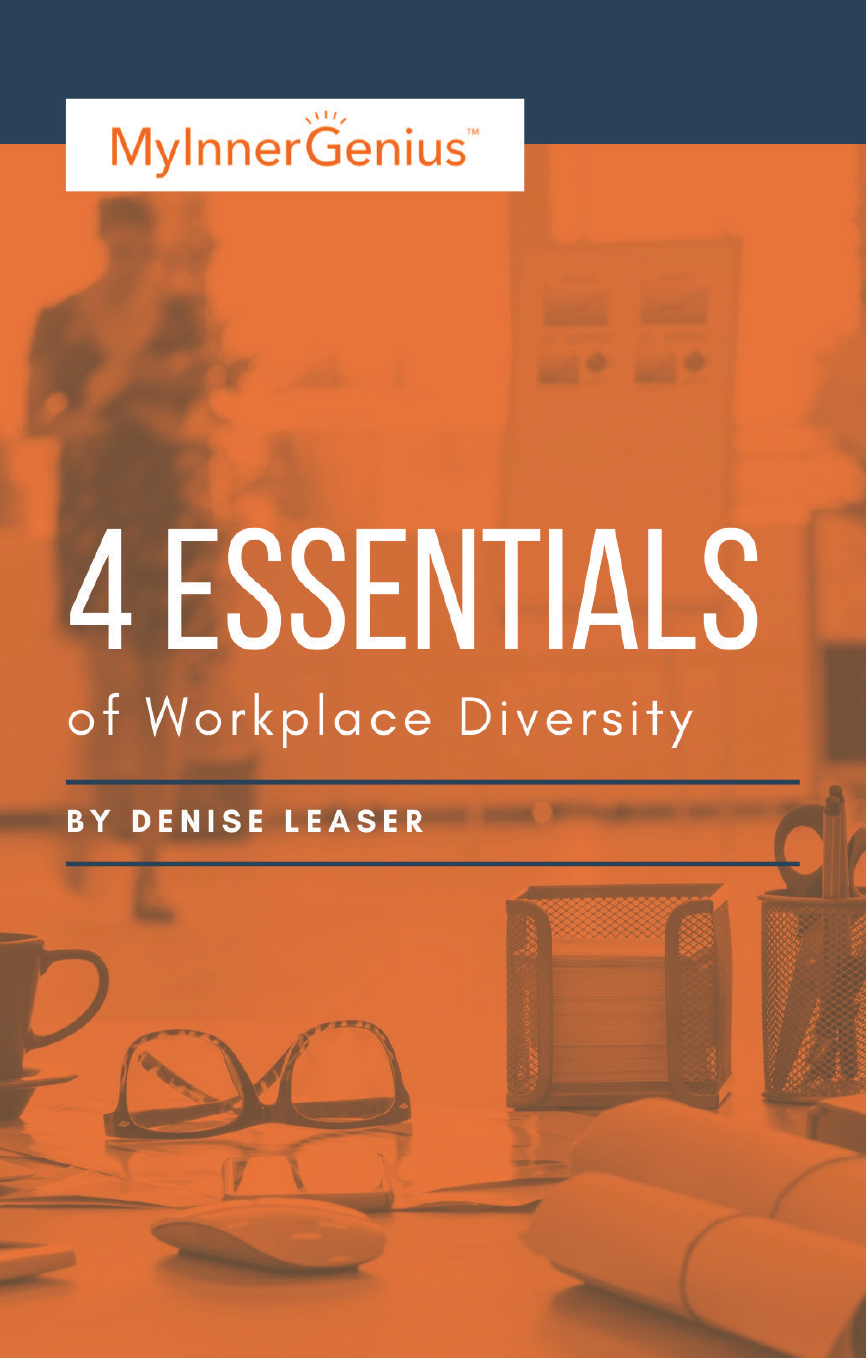The average cost of a year of college education in the United States is currently a little over $20,000—bringing it up to about $85,000 for the standard, four-year degree. It’s because of rising costs that many students are locked out of higher education; unable to receive highly sought-after scholarships and unwilling to take on a high amount of sometimes predatory debt.
And yet, just as money is the gateway to a college degree, a degree is often seen as the gateway to a good career, one with a good salary and benefits. What’s the available career path for someone unable to get a college education? Oftentimes, the answer is labor. Jobs like factory work with long hours and proven negative health effects. There’s nothing wrong with these kinds of jobs—they’re essential and money is money no matter the job. But what if there was an option for people with no formal education to still get a job in a high-paying field?
Digital credentials are a signifier of knowledge. Just like a degree in finance shows that you’ve been educated in finance, a series of finance-related digital badges show the same thing. Digital badges, however, require no acceptance letters or tuition fees. They are accessible to everyone. The only choice, then, is what field you want to start acquiring badges in.
Below, I’ve listed a few rising, modern career paths that can be broken into with digital credentials. These are not arbitrary industries—they’re evolving industries that are realizing faster than most the need to transition away from traditional educational requirements.
Blockchain
Blockchain programming is one of the most in-demand skills, becoming increasingly necessary as we transition into a new, digital age. The good thing about programming: all of the materials needed to learn it are publicly available. You could go to Amazon right now and find books that would allow you to teach yourself any programming language you desire to learn.
Walmart, Nestle, and a handful of other large corporations use blockchain technology to track and protect global supply chains, so it’s a confident bet to say it will be a useful skill to learn for years to come. If you already have some knowledge about blockchain, here are a few related digital badges.
Data Science
Data is the world’s most valuable resource. The information on what we do, when we do it, and how we do it is worth more than oil. Because internet privacy is so much a part of the public discourse with the latest debacles regarding Facebook and Google, the data science field is rapidly expanding—and it’s open to people of all skill levels.
IBM offers a certificate in data science which you can find here.
Sales
Talented, well-spoken salespeople are an essential part of every business and the skill is highly transferable between jobs. Most sales professionals do not have a college degree—it’s one of the most common paths for students to take right out of high school. However, a few years of sales experience combined with open badges of a particular concentration could open doors to high-paying career opportunities.
SalesFuel has a wide variety of sales-related badges with a broad scope of focus. People with current or prior sales experience should earn a few of these—you never know if they might be the boost your career needs.
Translation
Businesses are increasingly in need of translators to keep them competitive in a country that’s growing more and more diverse and in a world where new competition pops up every day. Here’s an interesting fact: most people who know a second language don’t learn it in school. They learn it at an even earlier age as members of bilingual homes or the children of parents who don’t speak English at all. And nearly always, the subtle nuances that bilingual people learn from communicating with family members make them a better translator than those with a college degree in a given language.
Translation skills can be used in schools, hospitals, HR departments, housing associations, and a variety of government positions. Digital badges for language-based skills can be found here.
UX Design
Looking for a career change but don’t have the time or money to return for a second round of education? A badge in user experience design could be the bridge you need from your current job to the perfect career.
UX design is the dream job for tech-savvy people with a strong interest in human psychology, making it a good branching point for people of many different specialties. You need to know some elements of web design, yes, but more important is the ability to notice how customers interact with the internet and understand consumer behavior patterns in general. You don’t need a degree to pick up that skill: you can get a pretty deep understanding of customer patterns from working a retail job or studying available literature.
If this is a pathway you’re interested in, here are some related digital badges.
Don’t let these examples steer you in the direction of thinking that digital badges are strictly for more tech and science-related fields. There’s a whole world of badges to be earned that can augment or kick-off a career in really any field. If you’re looking to level up in your career or break into a whole new one, I implore you to consider badges as a more affordable, realistic alternative to continued education. More and more, employers are beginning to see them that way as well.

